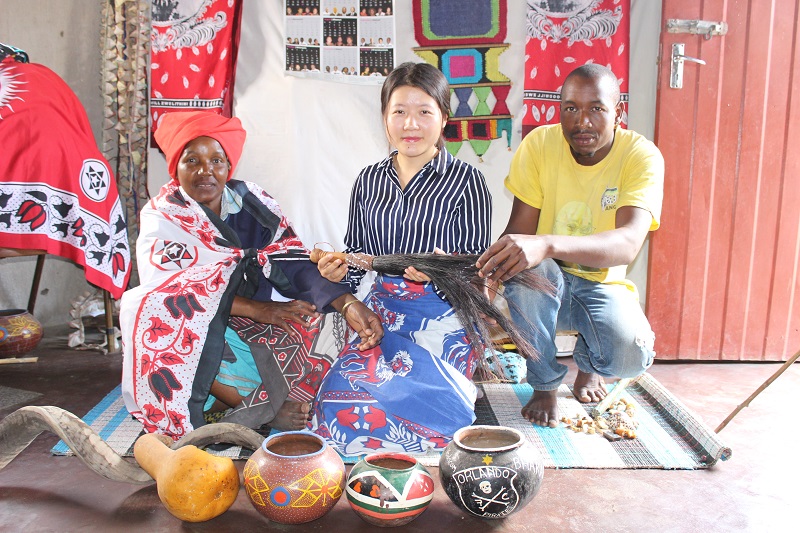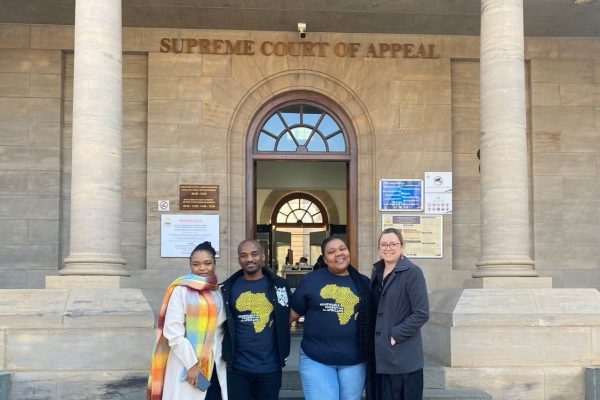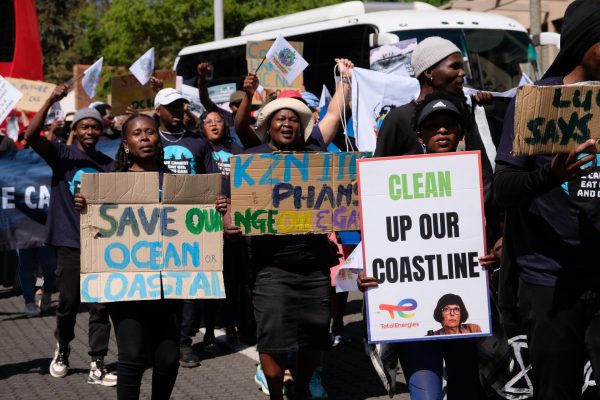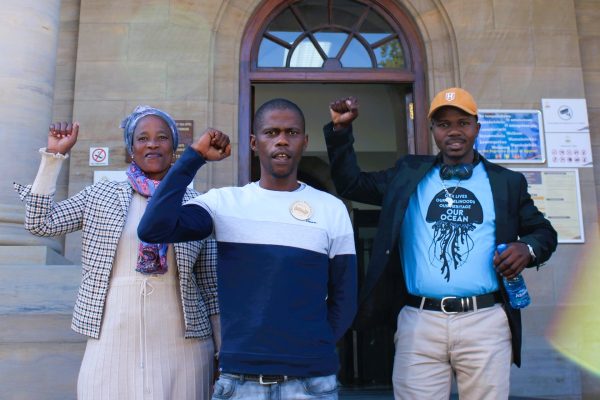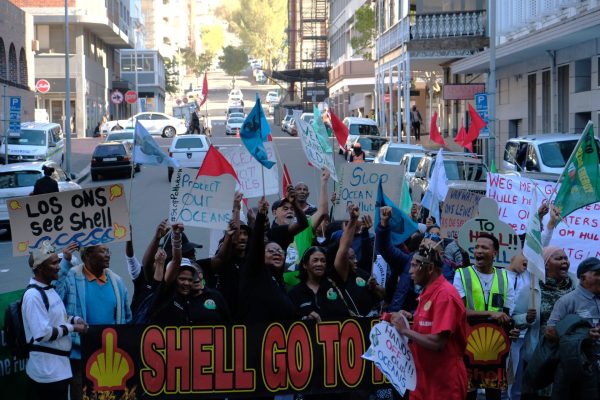I really appreciate Natural Justice for offering me an internship opportunity with their Cape Town Hub within the Climate Change Program and the Governance of Lands & Natural Resources Program. I am an undergraduate student from University of Toronto International Development Studies Program; and I have been with Natural Justice for the past 10 months. So far, I am pretty proud to call myself the longest intern in NJ. Though I am sure someone will soon break my record. Thanks to my relatively long stay in NJ, I was able to immerse myself quite deeply in the organization’s work. Now I truly realize that in the real world developmental problems are highly complex and nuanced, and human rights advocates still face a lot of misunderstandings within mainstream society.
The first thing I feel after I joined in NJ is that the human rights abuse is never just a constructed concept for political manipulation. It is a problem that is truly happening on the ground every day. For most of the indigenous and local communities I have visited in the past 10 months, people are still struggling to access basic resources and infrastructures for their livelihoods. Their requests for basic living standards and equal development opportunities, however, are often regarded and condemned as threats by large conservation projects, and public security campaign, due to the lack of communication and social stigmatization. The phobia or hatred towards poor local communities and human rights activists should be challenged immediately. Secondly, human rights advocates can adopt mixed approaches. Hard approaches like legal litigation is never the only way and should not be the only way to eradicate human rights abuse. The human and environmental rights lawyers in NJ taught me how to facilitate alternative dispute resolutions between communities and external stakeholders, like government, conservation agencies, and transnational corporations. I also learnt that sometimes, inappropriate approaches of human rights advocates, although well-intentioned, can create more friction and tension between vulnerable communities and powerful stakeholders, and have detrimental impacts upon the communities. Becoming conscientious towards power dynamics and adopting locally appropriate ‘soft’ approaches is one of the most important lessons I learned from NJ.
In addition to all the invaluable lessons I learned, I also had a lot of personal reflections and questions at the end of my placement. My family and friends around me always have a perception of me doing charity work for an African grassroots NGO. Or another opinion could be that as a scholar graduate from a famous western academic institution, my research skill would be under-utilized or undervalued working within a relatively small organization within developing countries. In fact, the truth is that the NJ is such a professional team, which deals with a lot of complicated legal contracts and policy recommendations at local, national and international levels. And I am confident to say that I have benefited more from working for NJ, than NJ could get from me. My academic and technical skills have never been undervalued for doing community work with an NGO. It is the roots in the communities that allows NJ to produce the work that delivers concrete and earthy benefits for marginalized groups which many large institutions could seldom achieve. So why would people usually link smaller, Southern NGOs with a sense of informality? Why would the NGO be regarded as a place where young professionals go for resume building and then leave for better alternatives in the global North? Does pursuing public interests in the NGO sector necessarily equal to being financially drained?
I do not have answers for the questions mentioned above yet. But with the awareness of the ‘otherness’ towards indigenous, local communities and community-based NGO in the mainstream society, I know I would be able to walk further on the career path of development work.

